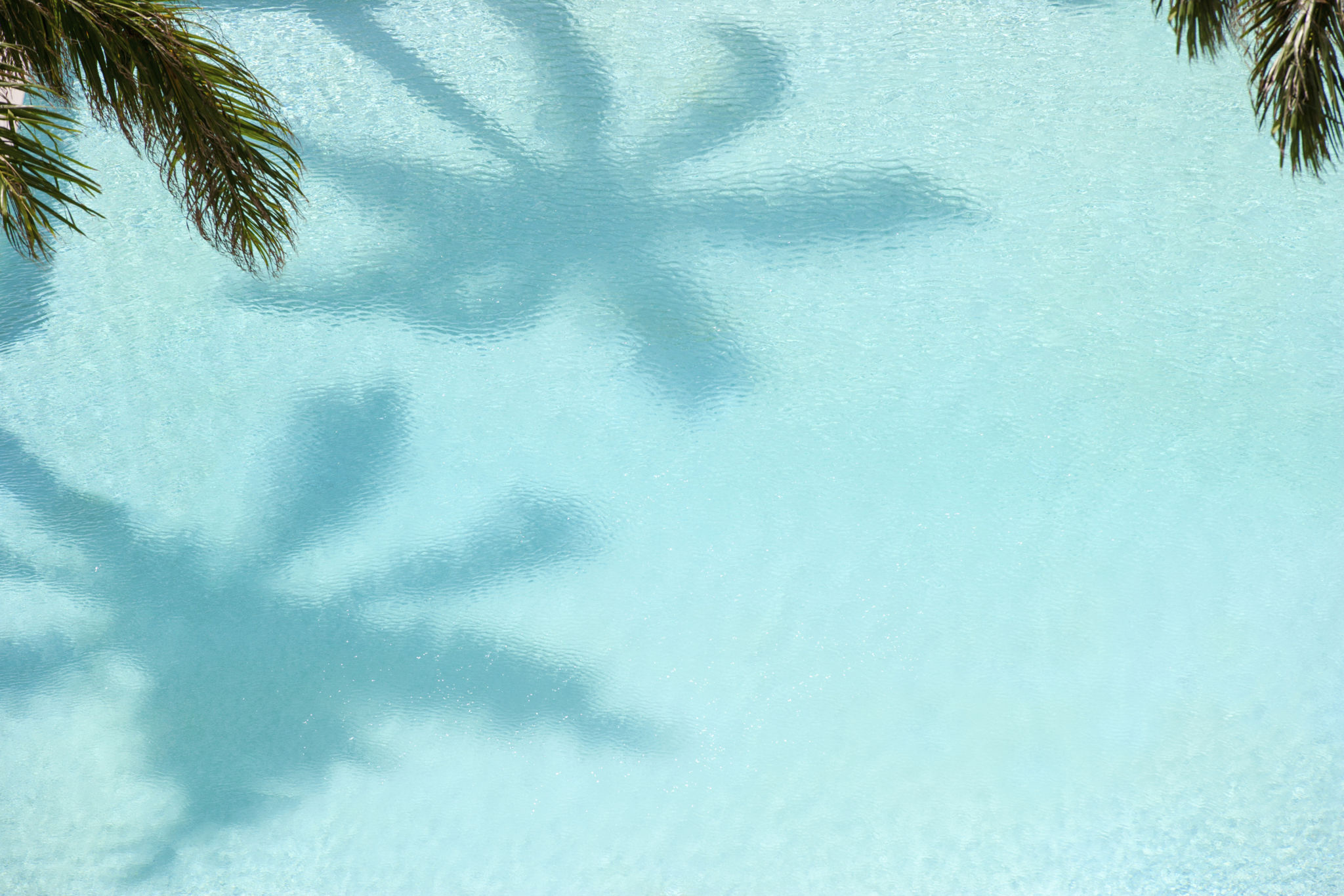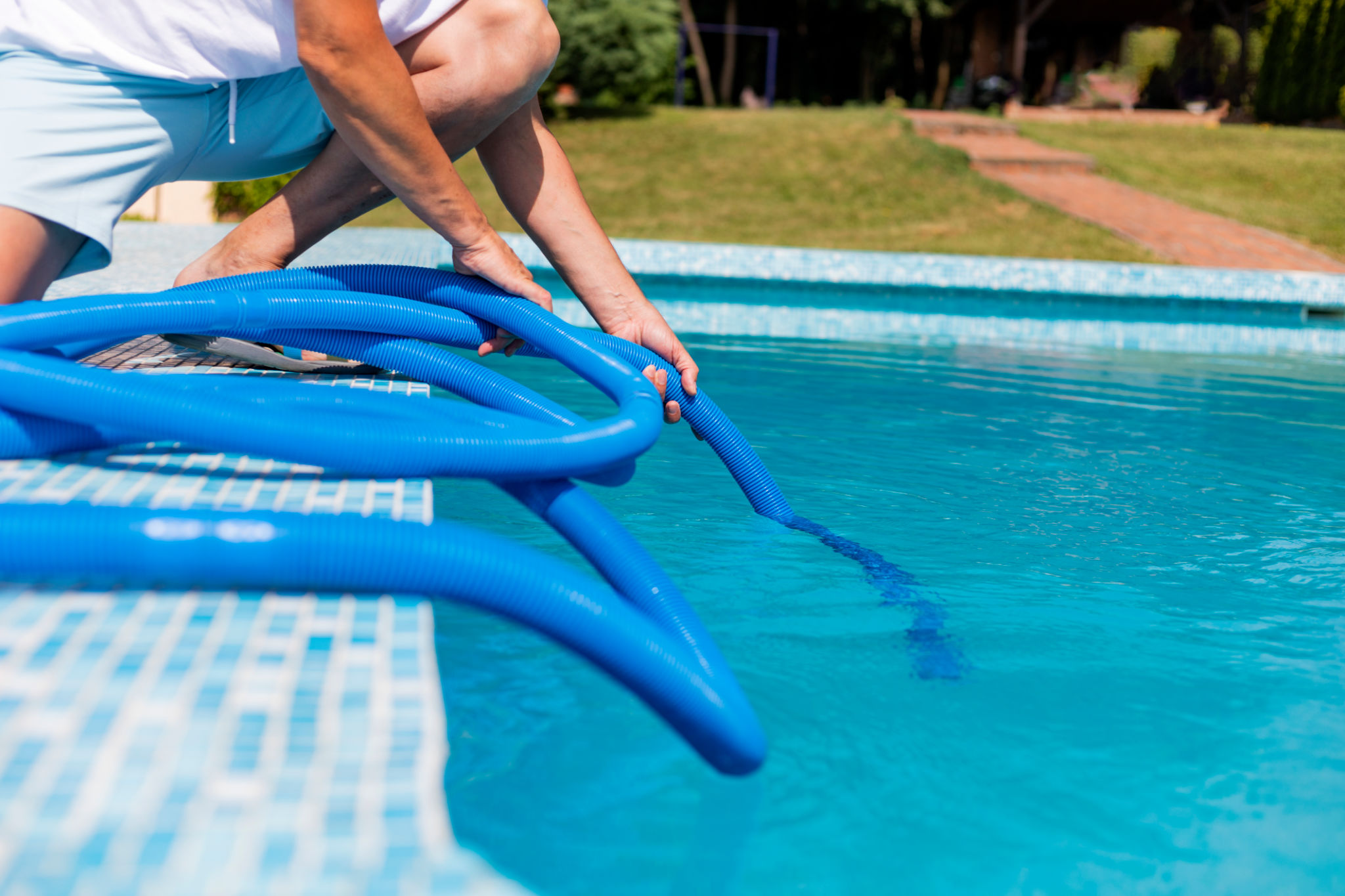The Ultimate Guide to Winterizing Your Pool in Florida
Winter is approaching, and if you're a pool owner in Florida, you might think that winterizing your pool isn’t necessary due to the milder climate. However, taking the right steps to prepare your pool for the cooler months can protect your investment and ensure it’s ready for use when warmer weather returns.
Why Winterize Your Pool in Florida?
Even in Florida’s subtropical climate, temperature fluctuations can affect your pool's condition. Protecting your pool from potential damage caused by cooler weather will extend its life and maintain water quality.

Failing to winterize your pool can lead to issues such as algae growth, equipment damage, and increased maintenance costs. Properly preparing your pool for winter can save you time and money come spring.
Balancing Your Pool Chemicals
The first step in winterizing your pool is ensuring that the water chemistry is balanced. This includes maintaining the correct levels of pH, alkalinity, and calcium hardness. Balanced water chemistry helps prevent algae growth and protects the pool surface and equipment from corrosion or scaling.
Steps for Balancing Chemicals
- Test the water: Use a reliable testing kit to measure the chemical levels.
- Adjust pH: Aim for a pH level between 7.4 and 7.6.
- Manage alkalinity: Keep it within 80 to 120 ppm.
- Control calcium hardness: Ensure it stays between 200 and 400 ppm.

Cleaning and Protecting Your Pool
Once your chemicals are balanced, it's time to clean your pool thoroughly. Remove any debris using a skimmer or vacuum, and clean the pool walls and floor. This helps prevent staining and build-up during the winter months.
Equipment Maintenance
Inspect your pool’s equipment, such as the pump, filter, and heater, to ensure they are in good working condition. Clean out any debris from the skimmer and pump baskets, and consider backwashing or cleaning your filter if needed.

Lowering the Water Level
In Florida, completely draining your pool isn’t necessary. However, you should lower the water level slightly to accommodate any potential rainfall during the winter months. Reducing the water level also helps protect the tile line from damage caused by water expansion during colder temperatures.
Covering Your Pool
A pool cover is an excellent investment for keeping debris out and reducing evaporation during the winter. Choose a durable, well-fitting cover that can withstand windy and rainy conditions typical of Florida’s winter season. A good cover also helps maintain balanced water chemistry by minimizing exposure to sunlight.
By taking these steps to winterize your pool in Florida, you're ensuring it remains in pristine condition throughout the colder months. Come spring, you'll have a clean, well-maintained pool ready for swimming as soon as the temperatures rise again.
